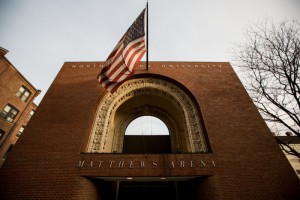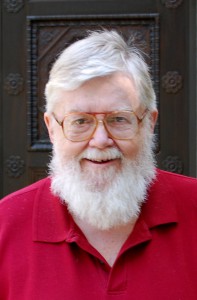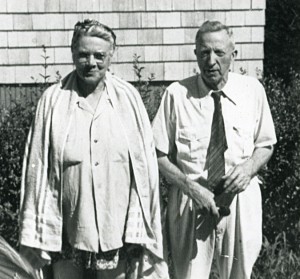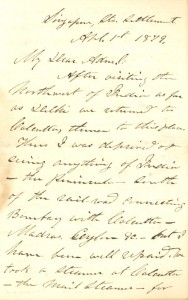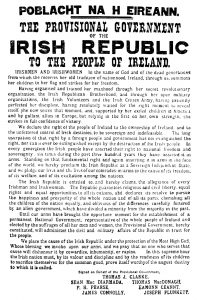
At Easter 2016, Ireland commemorated a seminal event in its struggle for independence, the Easter Rising of April 24–30, 1916. Led by men and women from the Irish Republican Brotherhood, the Irish Volunteers and Cumann na mBan, about 1,200 rebels seized several key buildings in Dublin. With artillery and 16,000 troops, the British quickly overwhelmed the Irish insurrection, and the leaders captured and executed.
One leader, Thomas Kent of Castlelyons, County Cork, and his brothers had organized a branch of the Irish Volunteers in Castleyons in 1914. Thomas Kent was not in Dublin during the rebellion, but stayed away from home hoping to mobilize the Volunteers. When he returned home, the Royal Irish Constabulary (police) surrounded his house on May 2, 1916. Continue reading The Centennial of the Easter Rising




